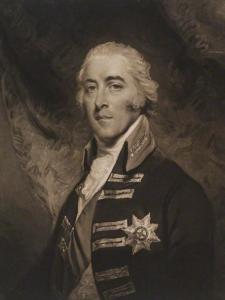A couple of weeks ago I blogged about Robert Waithman’s City of London Address to the King calling for an inquiry into the failure of the Walcheren Expedition. At the end of the post, I quoted Richard Ryder’s letter to his brother Lord Harrowby explaining that the City Address marked the moment when Walcheren’s military commander, Lord Chatham, realised an inquiry of some sort into his conduct was more or less guaranteed.[1]
Chatham knew many people thought his inactivity and incompetence were mostly to blame for the failure of the expedition. He also suspected there was a conspiracy among his cabinet colleagues — he was still Master-General of the Ordnance — to make sure he ended up carrying the can for everyone. He wanted to make it entirely clear he had nothing to hide. The result, two days after the City of London presented their Address to the Throne, was the following defiant and completely unsolicited letter to the Secretary of State for War, Lord Liverpool:
22 December 1809
My Lord,
Having perused the Address of the City of London, presented to His Majesty on Wednesday last, together with the answer which His Majesty was advised to return thereto, I feel it my duty to represent to Your Lordship, as One of His Majesty’s Principal Secretaries of State, in order to its being laid before His Majesty, that I am as perfectly ready to submit every part of my Conduct to any Military Investigation which His Majesty may be pleased to order, as I am, and ever have professed myself to be, most earnestly and anxiously desirous, that, whenever Parliament shall assemble, … the whole of my Conduct and of the Expedition to ye Scheld [sic], shou’d undergo the fullest and strictest enquiry, being perfectly conscious of having discharged with zeal and fidelity, the trust which His Majesty was graciously pleased to confide to me, and feeling that all that is necessary to vindicate my conduct from ye secret Attacks which have been with so much industry made upon it, is that it shou’d be fully known and fairly understood. I have the honor to be, etc etc.
Chatham.[2]

Lord Liverpool
Liverpool duly passed the letter on to the King on the 23rd, as Chatham had requested, and on the 24th received the King’s permission to lay Chatham’s letter before the rest of the cabinet.[3] It was at this point that someone actually read Chatham’s letter, whereupon the proverbial excrement hit the proverbial fan.
Possibly what happened was this:
Liverpool: And here’s the letter Lord Chatham wrote to me expressing his willingness to lay his conduct before an inquiry, which I forwarded on to the King.
Perceval:
Liverpool: What?
Perceval: Have you even read this?
Liverpool: Yes, why?
Perceval: The answer His Majesty was advised to return? “Secret attacks” on his conduct? HE’S EARNESTLY AND ANXIOUSLY DESIROUS FOR AN INQUIRY?
Liverpool: ….. Ah.
Obviously this letter, whether submitted to the King or not, could not possibly be allowed to go down in the record as Chatham’s official sentiments. Not only did he imply his distrust in his own colleagues and their motives, but he was also expressing pretty openly his desire for an inquiry, something the King had just informed the City of London would be a matter for Parliament to decide.
Chatham was well within his rights expressing his wish for an inquiry, and he was right that putting that wish down in an official document was the only thing to do at this stage of the game. But prime minister Perceval couldn’t let this document into the public eye, or there would be some very uncomfortable questions to answer. Liverpool, therefore, was sent away with strict instructions to get more information out of Chatham.
On 30 December, Liverpool wrote, somewhat circuitously:
My Lord,
According to Your Lordship’s Desire, I have laid your Letter of the 22d Inst before the King, and I have since communicated it with His Majesty’s Permission, to those of HM’s Confidential Servants, who were in Town.
After having made this Communication, I am desirous, in answering your Letter, to say, that if Your Lordship means, that in the Event of an Enquiry either Military, or Parliamentary, being judged expedient, respecting the Expedition to the Scheldt, on Publick Grounds, you were anxious that no Consideration of a Nature, Personal to yourself, should enduce His Majesty’s Govt to resist it, but that in such case you were ready to submit your Conduct, to the fullest, and strictest Investigation, It is nothing more than what we have always understood to be Your Lordship’s Feelings, and indeed what We might be assured, must, under all the Circumstances, have been that feeling.
But if Your Lordship’s Meaning is, (whether on Publick or Private Considerations) that it would be the Duty of His Majesty’s Government to assent to any Motion, which may be made in Parliament for enquiry, or that you would feel it your own Duty, to express by yourself in the House of Lords, or through some Person authorised for that Purpose in the House of Commons, your Desire that such Enquiry should take place, I am confident Your Lordship will see, how important it is, that His Majesty’s Government should not be acting, under any Uncertainty or Misapprehension, of Your Lordship’s views, and Intentions upon this Subject.
… I have the honor to be etc etc
Liverpool.[4]
On receiving this Chatham clearly thought “Eh?” His reply, dated 31 December, can be summarised as “Unless you are replying on the King’s behalf, you can drop off the edge of a cliff”, but in its fullest form it made it quite clear that he felt it his duty to speak up on the subject of an inquiry. He began with an entirely Chatham-typical swipe at Liverpool’s lapse in official form, replying as an individual rather than as Secretary of State for War:
You must excuse me, if I can not admit, any letter from you as an Official answer to mine, unless written by the King’s Command. I certainly did not expect to receive any, unless it shou’d have been His Majesty’s Pleasure, that a Military Investigation shou’d take place into my conduct.
Chatham’s response clearly showed his idea of how an inquiry should be handled differed markedly from the prime minister’s, which was not surprising, as up till now Perceval had been putting off the idea of an inquiry rather than facing it head-on:
You will I think … agree with me, that as the King’s Answer did not confine itself to the Enquiry asked for by ye Address of the City of London, but went further and directly pointed to a Proceeding in Parliament, it was not unnatural, that I shou’d not be wholly silent on that Point. With regard to the line which it may be proper for His Majesty’s Government to take in Parliament on the subject of the Expedition to the Scheld [sic], it must as I conceive, somewhat depend on circumstances, but whenever that question is brought under the consideration of the King’s Servants, I shall be happy to discuss it with my Colleagues at the Cabinet, or individually with any of them who may be so disposed.[5]
Liverpool was aghast. He promptly showed the letter to his cabinet colleagues, who were equally horrified. The meeting of Parliament was only three weeks away: what with the difficulties the government was under already, it was a very bad time for the Master-General of the Ordnance to go off half-cocked. “It seems to me to make it necessary to have a Cabinet soon to take this most important point into consideration, and to learn his real sentiments,” Richard Ryder wrote to Lord Harrowby.[6] Chatham, meanwhile, continued being intractable. When Liverpool wrote to him suggesting a cabinet meeting to discuss the matter further, Chatham bluntly informed him “for the sake of correctness on a point which seems to require it … that when the purport of my letter and the caracter [sic] in which I addressed you are considered, any answer to me … must have been to signify to me, not what you term the determination of Government, but His Majesty’s Pleasure”.[7]
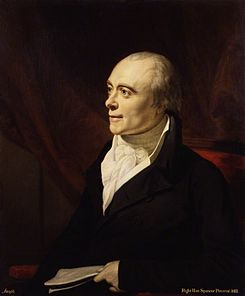
Spencer Perceval
Perceval now stepped in, conscious that this was about to become really silly. A cabinet was called on 5 January to discuss the matter, but Chatham claimed he was too ill to attend. Guessing that he probably didn’t want to discuss his grievances in full before colleagues whose good opinion he suspected, Perceval and Liverpool agreed to meet him privately. The meeting was inconclusive: Chatham agreed his words had been too strong, but did not agree to write another.[8]
The problem was that Chatham and Perceval both wanted different things. Chatham wanted an inquiry that would clear him: Perceval wanted an inquiry he could control, and had no intention of helping Chatham clear his name until he was sure doing so would not backfire. On 9 January Perceval and Chatham met again, this time one on one. Chatham at last agreed to rewrite his letter, but still clung to the phrase “anxiously desirous”.
Perceval knew he had to be firm and stop Chatham committing the government to a course it did not want to pursue. He wrote back on the 10th, gently but firmly trying to persuade Chatham that he hadn’t actually meant what he had really said:
I enter fully into all your feelings upon this occasion, and it is with great reluctance that I lean against any expression by which you would prefer to convey these feelings.
But I think the expression ‘anxiously desirous’ would compel you & your Friends, in consistency with that Expression to urge & press for Enquiry; not to talk of it as of a proceeding which you were ready to meet, if others on any ground thought it necessary or expedient, but as one which you thought the occasion required, either with a view to the protection of your own Character, or for the satisfaction of the Public. It is because I think that Expression conveys or at least implies such an Opinion on your part that I wish you to avoid it. … There are no words which I should object to, however strong, if they only express your readiness, to meet enquiry, when stirred by others, provided they do not express or imply a desire to stir it yourself, or an opinion, that it should be instituted.[9]
To Perceval’s relief, Chatham caved in. The offensive phrases were all dropped, and the final version printed in the official Papers laid before the Walcheren Inquiry was as follows. The edited bits are in bold:
Having perused the Address of the City of London, presented to His Majesty on Wednesday last, together with His Majesty’s Answer thereto, I feel it my duty to represent to Your Lordship, as One of His Majesty’s Principal Secretaries of State, in order to its being laid before His Majesty, that I am most entirely ready to submit every Part of my Conduct to any such Military Investigation as His Majesty may be pleased to direct, and that I shall not be less so, whenever Parliament may assemble, to meet any Enquiry, which in their wisdom they may judge it fit to institute into my Conduct, being perfectly conscious of having discharged with zeal and with fidelity the important trust which HM was graciously pleased to confide to me.[10]
Which was a lot of paper to produce one tiny — but significant — paragraph.
References
[1] Ryder to Lord Harrowby, 5 January 1810, quoted in A. Aspinall, The Later Correspondence of George III, vol. 5, p. 480 n. 1
[2] Chatham to Lord Liverpool (draft), 22 December 1809, PRO 30/8/364 f. 30
[3] Liverpool to the King, 23 December 1809; the King to Liverpool, 24 December 1809, quoted in Aspinall V, pp. 477-8
[4] Liverpool to Chatham, 30 December 1809, PRO 30/8/368 f. 7
[5] Chatham to Liverpool (draft), 31 December 1809, PRO 30/8/364 f. 32
[6] Ryder to Lord Harrowby, 1 January 1810, quoted in Aspinall V, pp. 478-9 n. 1
[7] Liverpool to Chatham, 2 January 1810, PRO 30/8/368 f. 9; Chatham to Liverpool (draft), 2 January 1810, PRO 30/8/364 f. 34
[8] This is inferred from letters from Richard Ryder to Lord Harrowby, 4-5 January 1810, quoted in Aspinall V, p. 480 n. 1
[9] Chatham to Perceval, [9 January 1810], Cambridge University Library Add.8713/VII/B/5; Perceval to Chatham, 10 January 1810, PRO 30/8/368 f. 125
[10] A Collection of papers relating to the expedition to the Scheldt, presented to Parliament in 1810 (London, 1811), pp. 126-7

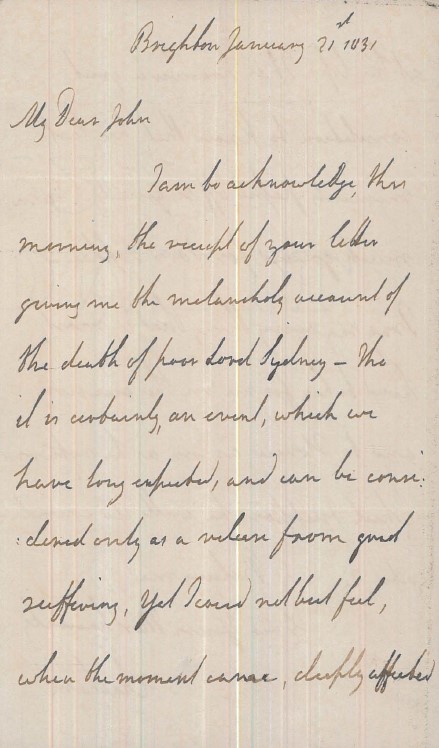
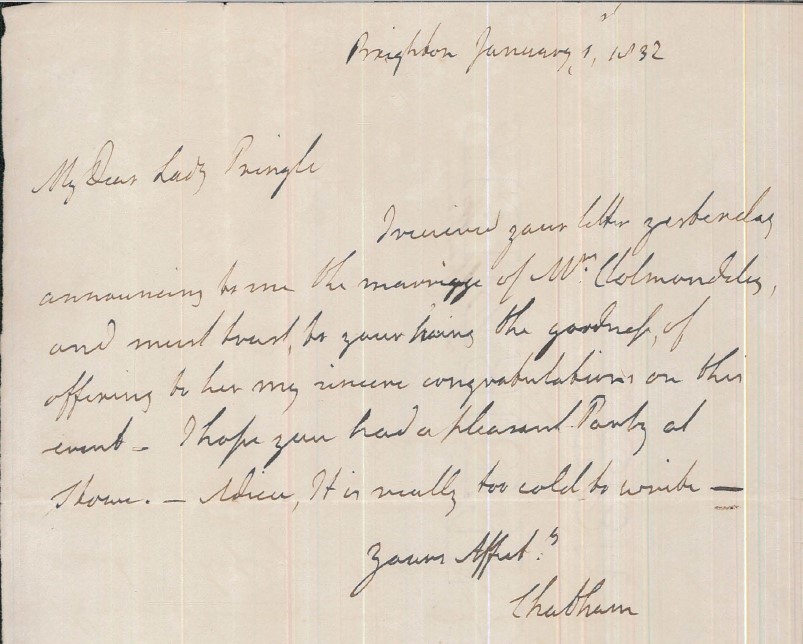
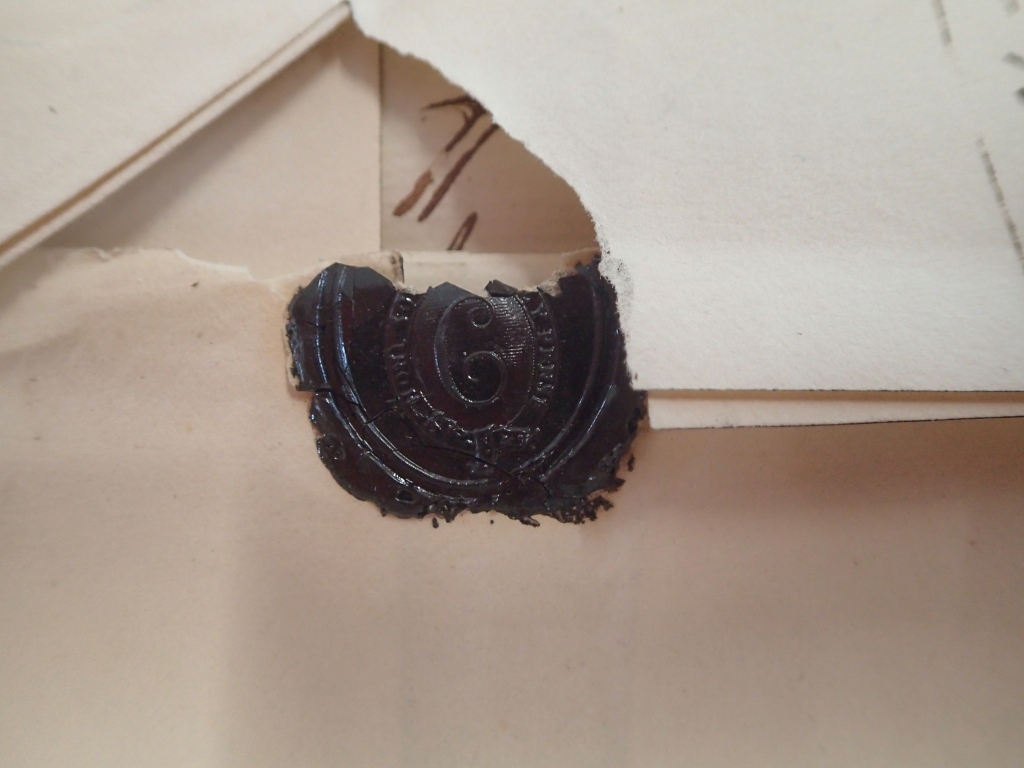
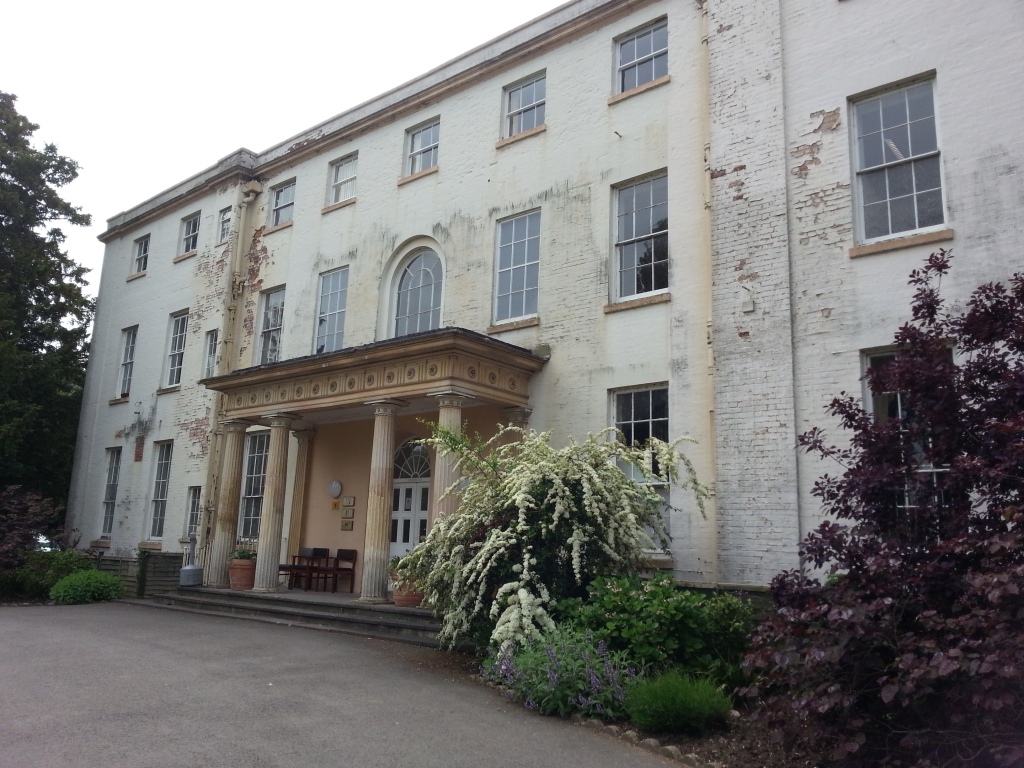
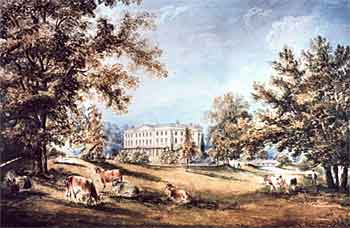

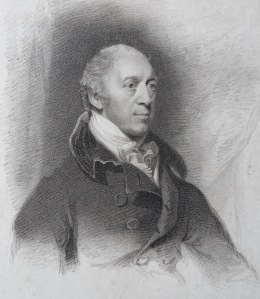
 The belatedly-published memorandum quoted two naval officers, Sir Home Popham (one of the planners of the expedition) and Captain Robert Plampin, both saying they had both been to Antwerp in the 1790s and thought there would be no problem in landing a large body of men between Lillo and Sandvliet. On that basis, the Opinion made the following statement:
The belatedly-published memorandum quoted two naval officers, Sir Home Popham (one of the planners of the expedition) and Captain Robert Plampin, both saying they had both been to Antwerp in the 1790s and thought there would be no problem in landing a large body of men between Lillo and Sandvliet. On that basis, the Opinion made the following statement:













